Tucked away toward the back on each issue of the journal Nature is a regular column offering diverse views on Career development. It is often an interesting read. In the 2nd August 2018 edition, the focus was on the thorny topic of attitudes towards PhD students who do not follow the traditional route into postdoctoral research and (potentially) a lectureship.
 In his article, Philipp Kruger, an Oxford research student in the latter stages of his Immunology PhD, challenged the persisting notion that a decision to pursue alternative career paths after completion of a PhD was tantamount to “failure” (interestingly the original title, still the title for the PDF version, was You are not a failed scientist which has been altered to the slightly less accusatory Why it is not a ‘failure’ to leave academia for the online version).
In his article, Philipp Kruger, an Oxford research student in the latter stages of his Immunology PhD, challenged the persisting notion that a decision to pursue alternative career paths after completion of a PhD was tantamount to “failure” (interestingly the original title, still the title for the PDF version, was You are not a failed scientist which has been altered to the slightly less accusatory Why it is not a ‘failure’ to leave academia for the online version).
Kruger was keen both to challenge supervisors who send out the message that completion of a doctoral degree was about “academia or bust”, and to promote opportunities for PhD students to develop a broader range of skills and experiences. Some of this will be about greater awareness of the transferable skills that are naturally being accumulated during the course of one’s research. These likely include:
- Teamwork
- Time-management
- Project management (including prioritisation of tasks)
- Written and oral communication skills
- An ability to evaluate evidence
- Resilience
These are skills that would be welcomed and appreciated by a broad range of potential employers.
On top of this, enterprising and pro-active students have the opportunity to garner a broader range of experiences, for example organising a small-scale conference, blogging or taking part in other public engagement activities. There are also more formal internships and placements, such as three month fellowships with the Parliamentary Office of Science and Technology (POST) or with the BBC.
Supervisors are encouraged not to stand against their students taking up these opportunities, but rather to actively encourage and facilitate them to do so. A “pure” research careers is not for all (not least because there are fewer postdoc positions than there are graduating PhD students).
During a decade of running careers talks for undergraduate bioscientists, I have regularly included examples of alumni who have found fulfilling roles in “Careers from Science” as well as “Careers in Science”. Several of these have actually completed a PhD between their original degree and their current role. A consistent theme has been the fact that they enjoy their present work, despite in many cases not initially envisage this being where they would be focusing their labours. Flexibility and adaptability are important skills. Kruger would encourage supervisors to engender an atmosphere where students can push on different doors and see what might open up for them.
September 5, 2018
Categories: careers & employability, public understanding of science . Tags: academia, careers, PhD . Author: Chris Willmott . Comments: Leave a comment
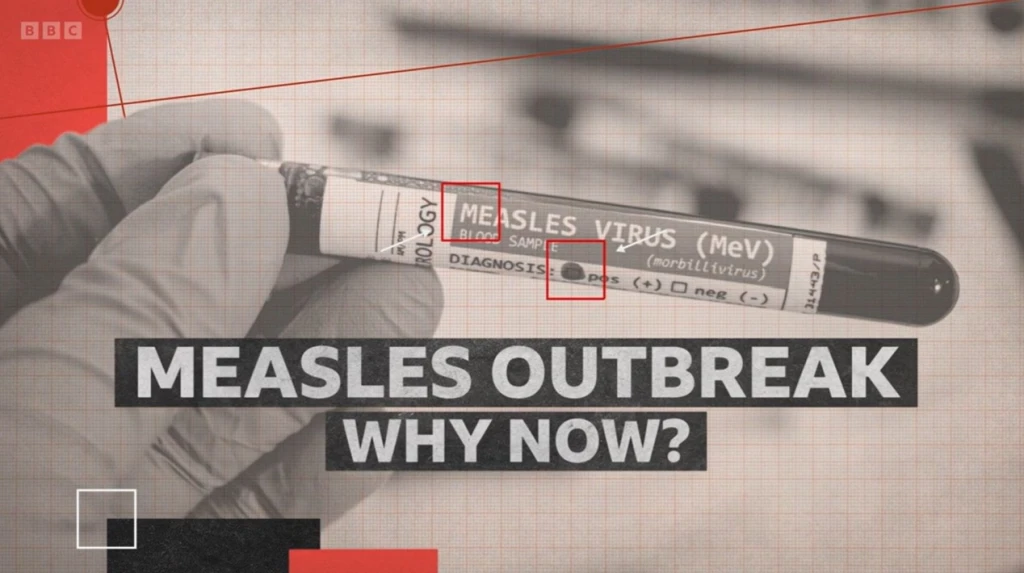


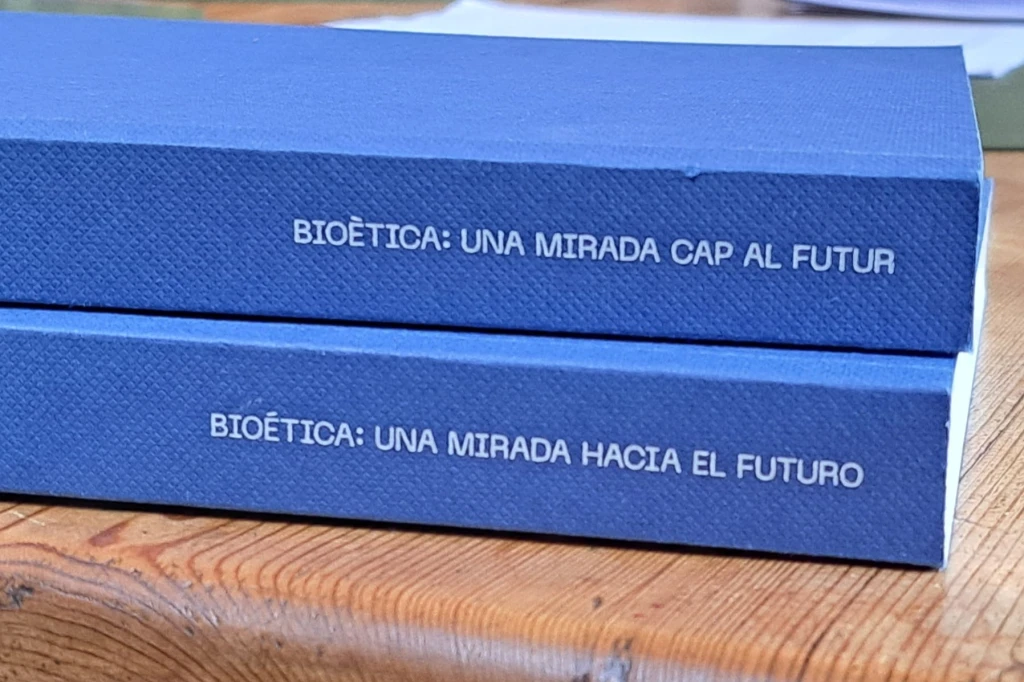



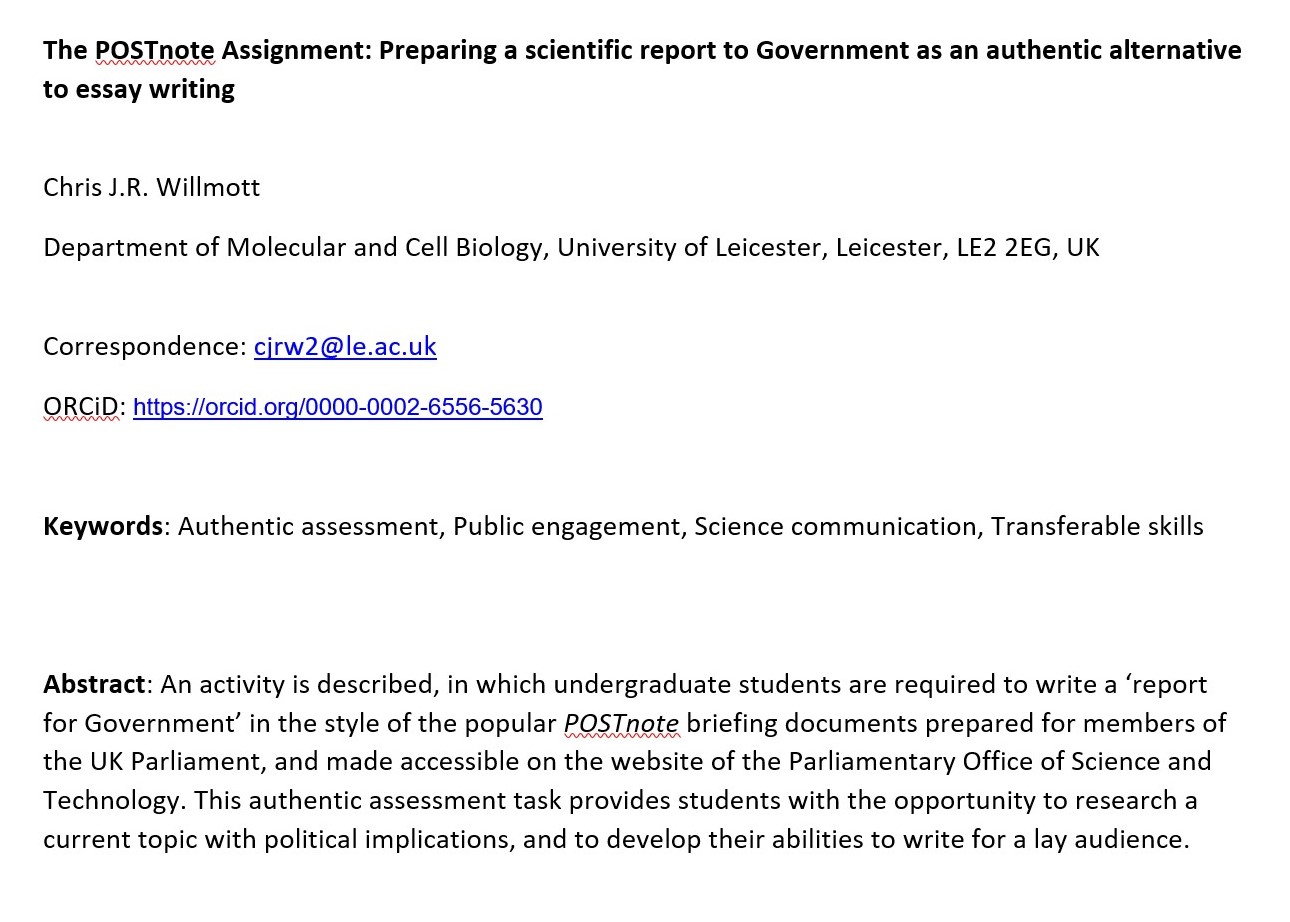
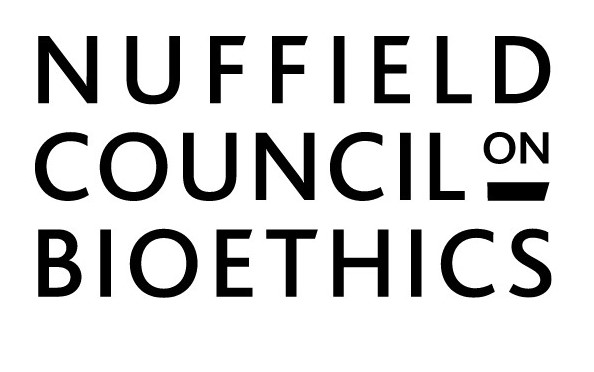 On 5th June 2020 I was privileged to be able to listen into the latest in a series of webinars on Covid-19 and ethics organised by the Nuffield Council on Bioethics.
On 5th June 2020 I was privileged to be able to listen into the latest in a series of webinars on Covid-19 and ethics organised by the Nuffield Council on Bioethics. 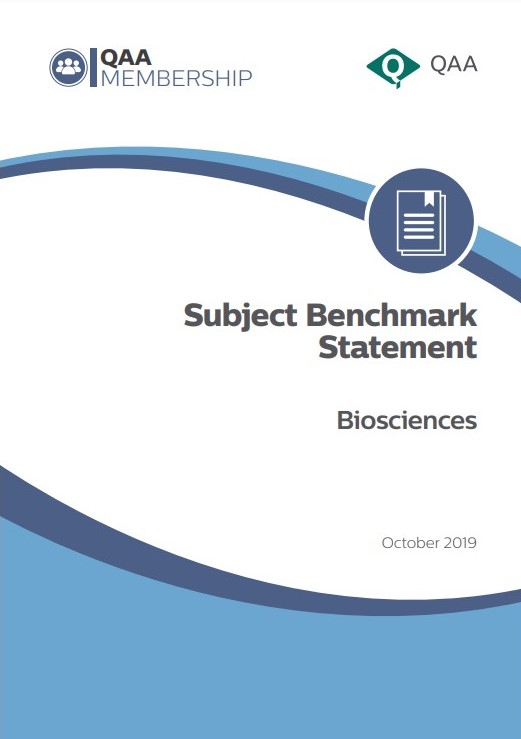 I discovered relatively recently that a fourth edition of the QAA’s
I discovered relatively recently that a fourth edition of the QAA’s  As the articles for the December 2019 issue of
As the articles for the December 2019 issue of  In his article, Philipp Kruger, an Oxford research student in the latter stages of his Immunology PhD, challenged the persisting notion that a decision to pursue alternative career paths after completion of a PhD was tantamount to “failure” (interestingly the original title, still the title for the PDF version, was You are not a failed scientist which has been altered to the slightly less accusatory
In his article, Philipp Kruger, an Oxford research student in the latter stages of his Immunology PhD, challenged the persisting notion that a decision to pursue alternative career paths after completion of a PhD was tantamount to “failure” (interestingly the original title, still the title for the PDF version, was You are not a failed scientist which has been altered to the slightly less accusatory 
